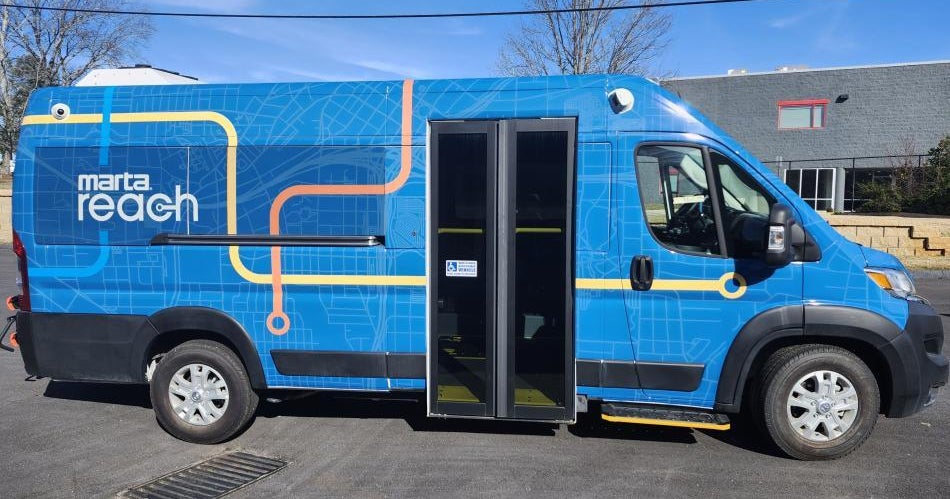'No-Wake Zone' Now Part Of Hospital's Care Plan
MINNEAPOLIS (WCCO) – Hospital stays are nothing new for Brad Brewer. He's been plagued with back pain for years.
"We've been told all our lives you get sick, you get rest. You come to a hospital and try to rest, but every 15 minutes they're taking blood pressures, poking you," Brewer explained from his hospital bed.
But not this time. Brewer says he is getting more sleep as he recovers from the second of two back surgeries. His seventh-floor room has been declared a "no-wake zone." There's even a sticker attached to the door.
Abbott Northwestern nurses Liz Kozub and Autumn Gode began an experiment in 2017 designed to test the medical outcomes among patients who get better sleep, essentially allowing the non-critical care patients in the hospital's spine and medical oncology floors to sleep largely undisturbed between 1 and 6 a.m.
"It's allowing patients a set time to get good rest overnight to help them prevent from getting delirium," Kozub said.
The onset of delirium brings on anxiety, restlessness and even malaise in hospital patients when they don't get long periods of deep sleep. In hospitals, however, necessary interruptions are often an essential part of a patient's care like frequent blood pressure checks, lab draws, heartbeats and pulse checks. For patients post-surgery, there are periodic doses of pain medications.
"On average, studies will show anywhere from 15 to over 30 times a night patients are awakened," Kozub said.
That's why Kozub and Gode pressed the hospital to experiment with forgoing the nurse checks in favor of fewer nighttime disruptions in many non-acute care patients.
"So the nurse is really bundling care right before the no-wake zone and right after to allow for uninterrupted sleep as much as possible," Kozub said.
It becomes part of a patient's orders. They're offered sleep aids like masks, earplugs, even slumber enhancing sounds. In addition, the hospital staff has sought to minimize the annoying sounds coming from squeaking cart wheels, door hinges and other mechanical distractions.
The results are impressive, indicating as much as a 40% drop in patients experiencing delirium. For patients like Brad Brewer, it's meant for a happier hospital stay.
"Once they got my pain under control it was pretty smooth sailing as far as getting rest," Brewer said.







